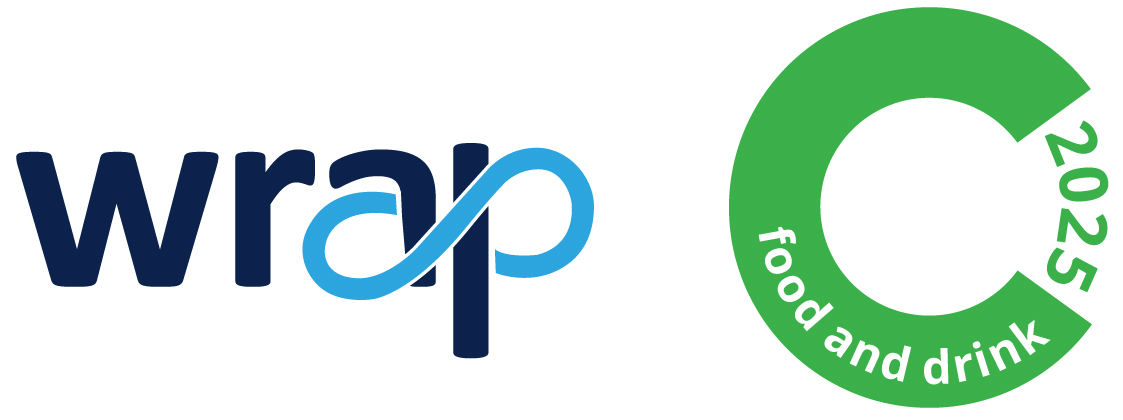Helping consumers reduce food waste
WRAP’s Retailer Survey 2015 found that around two million tonnes of food is thrown away from households due to ‘not being used in time’, and for a third of this, the date label is cited as a factor. Giving consumers longer to make use of the food they buy has the potential to significantly reduce household food waste. The report identified a number of priority actions for retailers and manufacturers:
- Reviewing the choice of date mark on products that currently carry a ‘Use By’ date, and moving to a ‘Best Before’ where there is not a food safety risk.
- Reviewing both the ‘closed’ and ‘open’ life set for products that are commonly thrown away unused.
- Continuing to implement WRAP and FSA guidance on freezing advice, across all products that can be frozen at home.
- Reviewing the availability and relative pricing of smaller packs / split packs for products that are wasted in high volumes (bread being a priority).
New date labelling and storage guidance
Following the publication of draft guidance in July, a consultation was held with food and drink businesses, which received more than 60 responses. WRAP also directly consulted Courtauld 2025 signatories including food businesses, trade bodies and redistribution organisations.
The new guidance, published in November 2017, covers:
- what the different date labels mean, and how best to decide which date to apply to help customers throw away less food;
- the importance of maximising both ‘closed’ and ‘open’ life, whilst ensuring quality and safety are maintained;
- the importance of correct storage guidance, including fridge temperature and freezing advice; and
- what can (and cannot) be done as the date approaches / is passed (for sale / redistribution).
The new guidance has the potential to significantly improve the UK sector’s chances of achieving the Courtauld 2025 targets. It will also help achieve the UN Sustainable Development Goal of halving food loss and waste by 2030.
A Courtauld 2025 task force has been convened to share evidence to inform recommendations on date labelling for fresh produce, and potato storage guidance.
